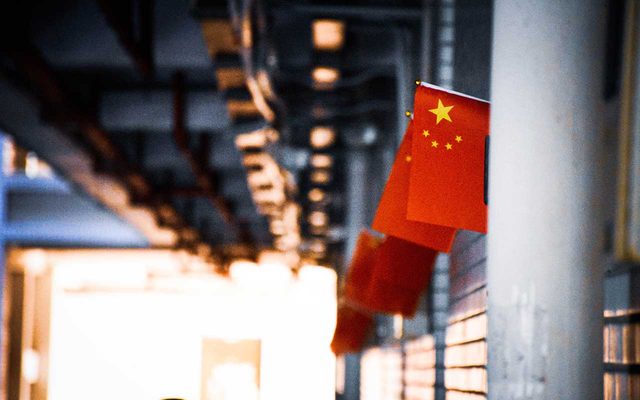This article is from the Australian Property Journal archive
AS speculation mounts that China will not lift its COVID-zero policy until Q3 2023, it is fueling a new wave of Chinese investors looking to buy properties in Australia and Southeast Asia. Recent WeChat data reveal searches for overseas homes reached a high of 8.5 million hits.
Lockdowns coupled with waning Chinese mortgage holders confidence in developers, which prompted homeowners to boycott home loan repayments as a protest in late June, has rapidly grown with buyers worried that the properties they bought from distressed developers will not be completed. Unlike other real estate markets, homeowners in China must start making mortgage payments before they take possession and construction has started. This policy was a convenient funding arrangement for property developers.
Consumers have stopped payment on approximately 5% of all mortgages, worth some 1.8 trillion to two trillion Chinese yuan (US$270bn-US$300bn).
WeChat, China’s largest social media platform with a staggering 1.2 billion active users, latest data reveal Chinese resident searches for “immigration” tipped over 130 million whilst searches for “overseas homes” registered over 8.5 million.

Lona Wang, head of sales for Juwai IQI’s Shanghai-headquartered IQI China team, said Chinese demand for overseas property has increased significantly in 2022.
“We see our clients looking overseas as an alternative because they expect better returns than here in China,” she said. “Prices are falling in many cities across China, especially in second tier cities, and the new developments market looks risky. Investors have decided they prefer to invest overseas.”
“The result of all this is a reversal of the Zero Covid-driven decline in offshore investment. Chinese investor interest in overseas property is again climbing,” she added.
According to Juwai, China’s residential real estate crisis is undermining demand for domestic property and pushing Chinese investors overseas, but it said this flight of capital will be more restrained than what took place from 2014 to 2018.
In 2017, at the peak of the Chinese outbound boom, Chinese buyers acquired US$119.7 billion of international residential and commercial property. That dropped to US$49.6 billion in the following year. Whilst the COVID-19 pandemic saw outbound investments decline further, if current trends continue, it may climb again.
As China residential decline, the latest UK government data reveals that the number of settlement grants issued to Chinese nationals has climbed by 29%, rising from 3,491 in 2020 to 4,500 in 2021.
According to Bloomberg and the Henley Global Citizens Report’s 2022 HNWI Inflow/Outflow data, the UAE has been the main beneficiary of inflow with 4,000, followed closely by Australia with 3,500 and Singapore in third with 2,800, whilst Israel and Switzerland closed out the top five with 2,500 and 2,200, respectively.
Not surprisingly Russia saw an outflow of 15,000 due to the war it started whilst Ukraine also suffered with outflow of 2,800. China’s outflow was second after Russia, at 10,000.
Aside from Australia, Chinese buyers also look to Southeast Asia with Thailand, Malaysia, and Vietnam leading the way.
Meanwhile those residents purchasing and travelling overseas may face many obstacles in returning to China. They must take Covid tests before and after their flights, isolate for 7 days in a designated quarantine facility and 3 additional days at home, and buy tickets at exceptionally high prices on a very limited number of available flights. Some airlines require passengers to undertake five days of quarantine even before embarking.
In an August 22 note, Morgan Stanley Research analysts said they expect China to reopen more broadly in the second half of 2022 and move away from its COVID-zero policy by the end of the year. But Juwai said that is highly optimistic and believes China will maintain Covid-zero through at least the first-quarter of 2023 and likely not fully reopen until at least Q3 2023.
“The government has expressed its commitment to the Covid-zero strategy in both word and deed. What’s more, the policy has proved to be effective at limiting deaths.
“Due to its size and status as the world’s preeminent trading nation, what happens in China affects every other country in the world. Today, the slowdown in the Chinese property market is leading to an increase in Chinese investment in overseas property.”



